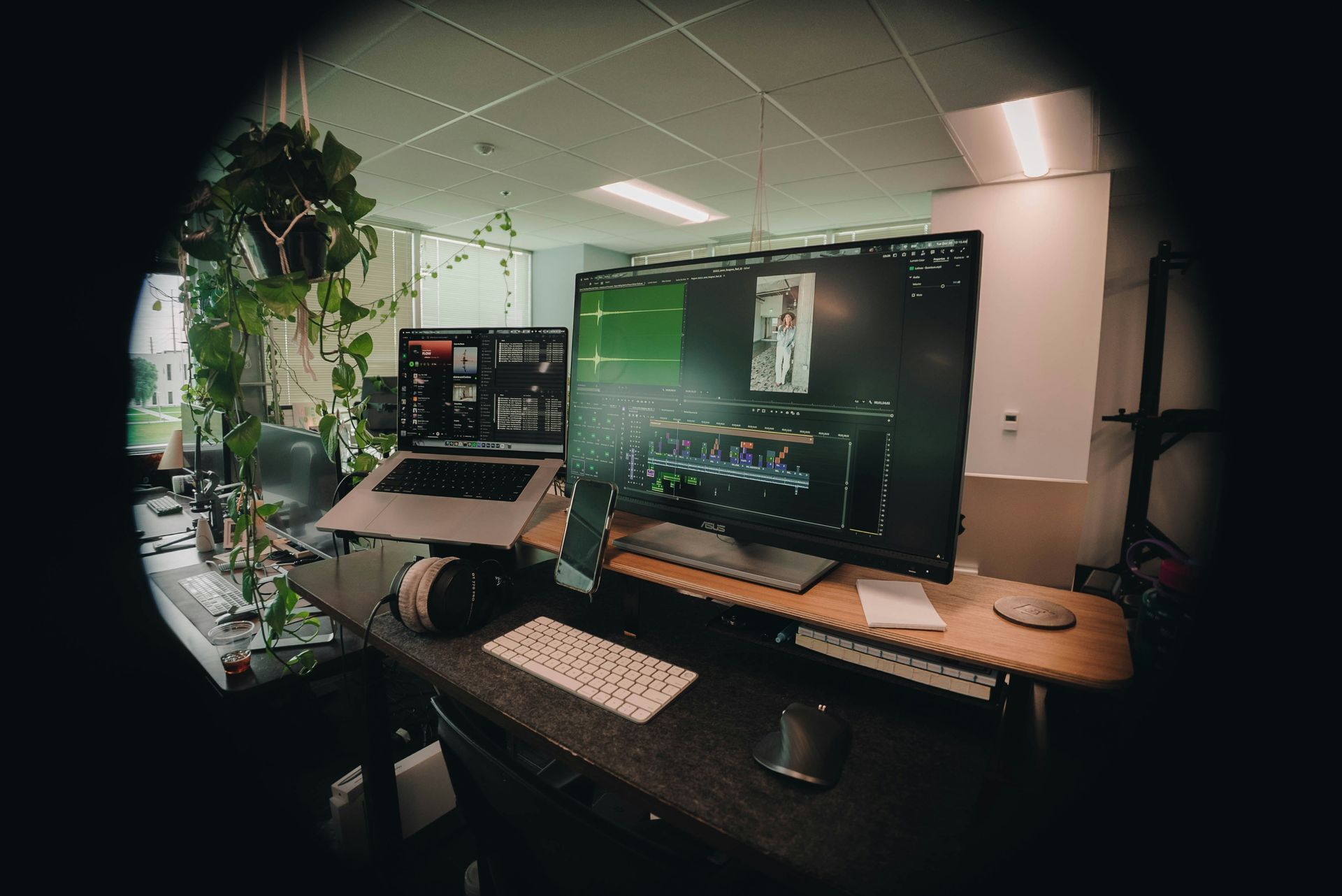Future proofing your career: Skills to thrive in the digital age
Have you ever thought about what your job will look like in the future? In another 5 years or even 10 years down the track, will it look the same?
No one holds a crystal ball, but in today’s rapidly evolving job market, the only constant is change. With the accelerated adoption of technology due to the pandemic, together with advancements in automation, AI and shifts in the way we work, there are both opportunities and challenges for professionals in every industry.
To stay competitive and ensure long-term career growth, it's important to learn to adapt to changing job demands and acquire the right skills to improve your employability. Your job description could look very different in the future, to what it does now, so future-proofing your career has become a critical aspect of professional success. Ultimately, it hinges on your ability to embrace continuous learning, new technologies and develop key skills that allow you to be both flexible and adaptable.
How to future proof your career
In an effort to future proof your career, there are a number of essential skills that may assist you, regardless of your specific job or occupation. By learning these skills or improving them, it will assist you to put your best foot forward as you progress in your career. Some skills that will help you include:
- Embracing continuous learning throughout your career
- Developing professional relationships & networking
- Being flexible and adaptable
- Harnessing the power of technology
Embrace continuous learning throughout your career
Investing in continuous learning throughout your career provides enormous benefits on both a professional and personal level. Many employers will offer a professional development program that you can tailor to work towards your own goals as well as that of the company you work for. This provides you with an ideal opportunity to participate in workshops, courses, conferences and other learning settings. In a rapidly changing job market, continuous learning is not just a skill but a mindset.

Developing professional relationships and networking
Developing professional relationships and networking is not just about immediate gains; it's an investment in your long-term career success. Building and maintaining a strong network can open doors, provide support, and contribute to your overall professional growth and satisfaction. Interacting with professionals in your field also exposes you to diverse perspectives and expertise. This can contribute to your own knowledge base, helping you stay informed about the latest developments and advancements in your industry. The improved visibility by developing these professional relationships and attending networking events can lead to more recognition for your achievements, as well as increase your chances of being considered for new opportunities.
Being flexible and adaptable to changing job demands
The concept of job security has evolved dramatically over the years. Gone are the days when a single job or career path could provide lifelong stability. We’re now faced with competing demands professionally and in our personal lives, which has led to traditional employment models being disrupted. As a result of this, being dynamic, flexible and adaptable to changing job demands assists in improving your employability and future career prospects.
Professionals who stay ahead of the curve and embrace new challenges are more likely to find exciting opportunities and advance their careers. Those who resist change, on the other hand, risk becoming obsolete and falling behind in their industries.
Harnessing the power of technology
As we continue to become even more reliant on technology, the ability to navigate and use digital tools effectively is essential. Understanding how to harness the power of technology can significantly boost your productivity and efficiency, both of which are excellent skills to showcase in your career. Having strong digital and technological skills is also a great way to turn potential challenges into opportunities, as further advancements are created.
Building a future proof career
Building a future proof career involves embracing continuous learning, adapting to technological advancements, and cultivating a diverse professional network. By staying agile, acquiring adaptable skills, and fostering meaningful connections, you can position yourself as a valuable asset to employers now, and into the future.







